- Anisa Morava and Matthew James Fagan
- Read Time: 4 mins
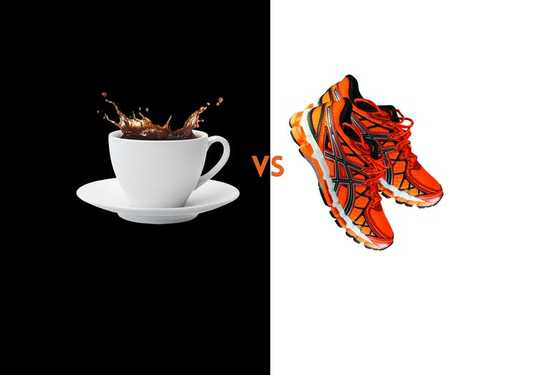
Your alarm goes off and it’s time to start another day. What’s your first step? Perhaps making a cup of coffee? You may want to consider a brisk walk instead.

Your alarm goes off and it’s time to start another day. What’s your first step? Perhaps making a cup of coffee? You may want to consider a brisk walk instead.
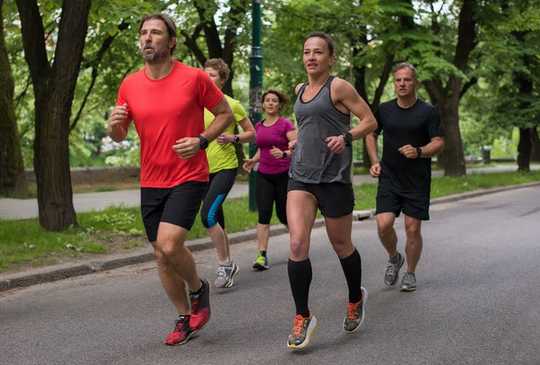
When it comes to losing weight, people often want know the best way to shed excess pounds – and there’s no shortage of fad diets or fitness crazes claiming to have the “secret” to fat loss.
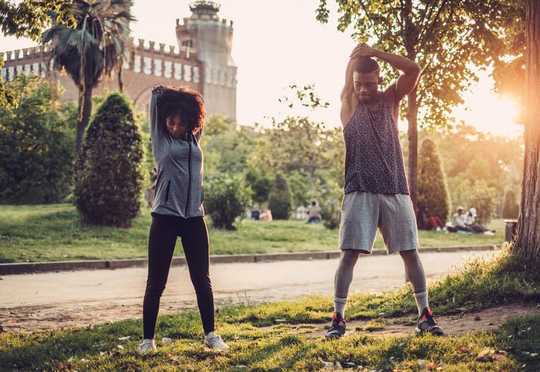
Suffering a quarantine dip in mood? Struggling to find motivation to do anything? You are not alone.
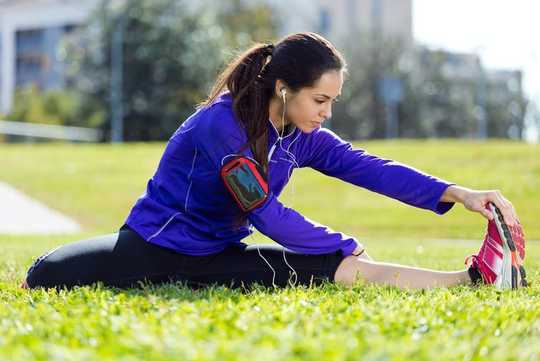
Many people see stretching as an essential part of any exercise or workout regime.
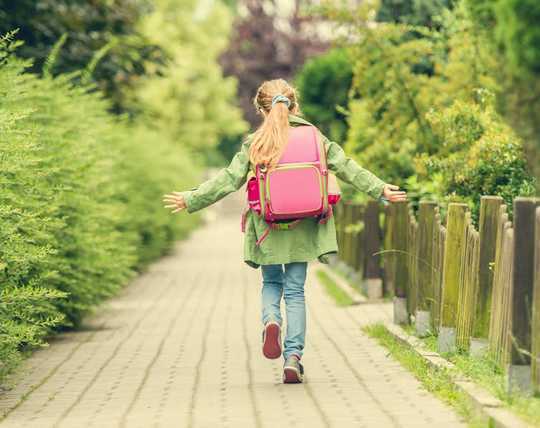
Children across the globe have not been at school for some time, and this prolonged absence from the daily routine has given many of us a chance to think about what should happen when schools re-open.
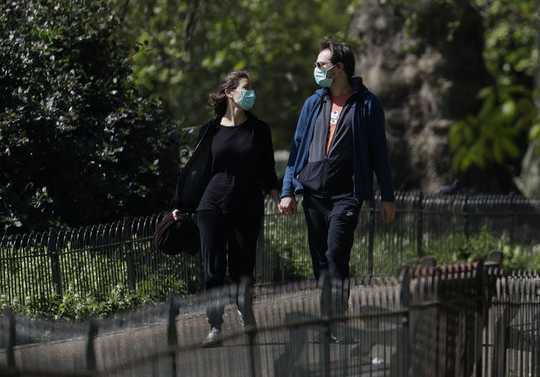
Recent Fitbit activity tracker data show a significant drop in physical activity worldwide that corresponds with the onset of the COVID-19 crisis. In the United States, physical activity has fallen by 12%.
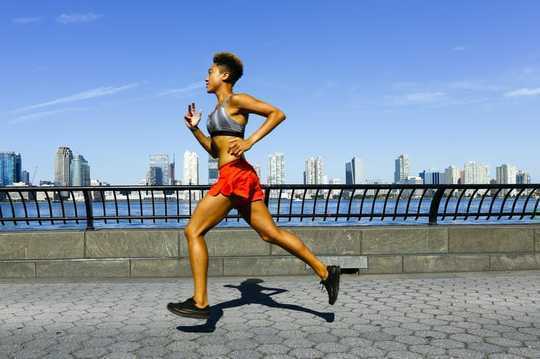
Scientists are constantly revealing newly discovered benefits of exercise. In experiments over the past 10 years, my research has found that exercise can help with a respiratory problem known as ARDS.
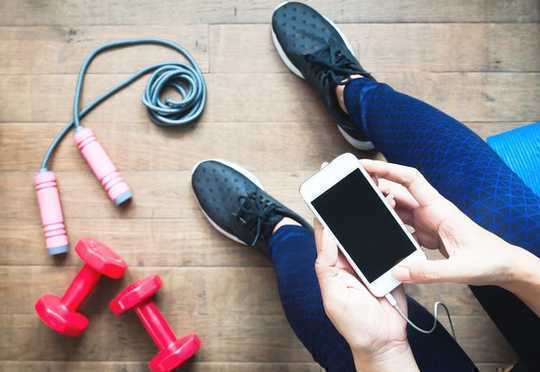
People around the world are staying at home as part of social distancing measures to limit the transmission of the novel coronavirus. In some countries people are being encouraged to exercise once a day.
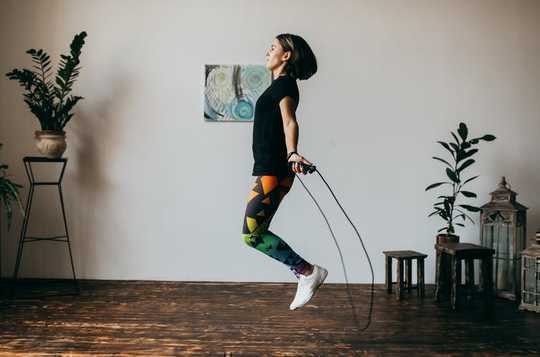
A third of humanity is now under lockdown. This measure is crucial to minimise the spread of COVID-19, but what impact will it have on health and wellbeing?
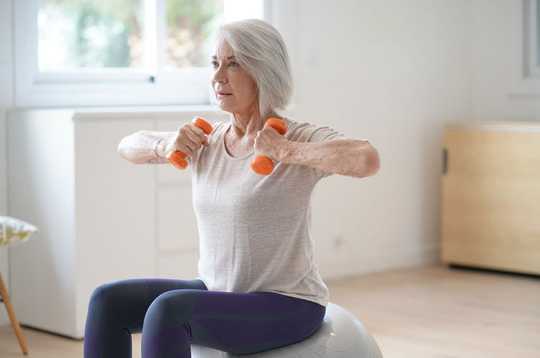
Fitbit recently released data showing a global decrease in physical activity levels among users of its activity trackers compared to the same time last year.
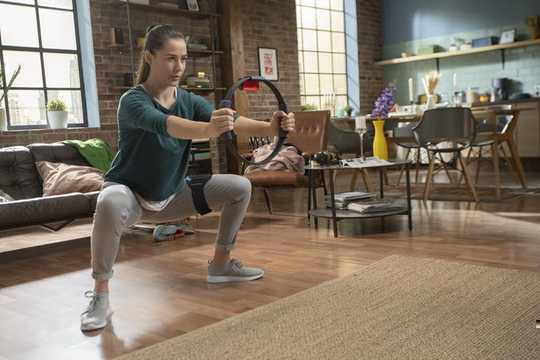
The social distancing measures and self-isolation initiated by the coronavirus pandemic has left people looking for new ways to exercise at home.
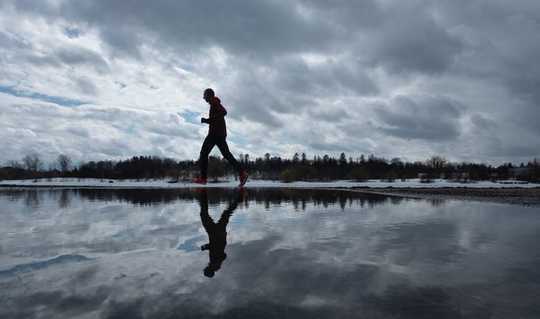
Worried about COVID-19? You may be putting yourself at undue risk, because chronic anxiety suppresses the immune system and increases our risk for infection.
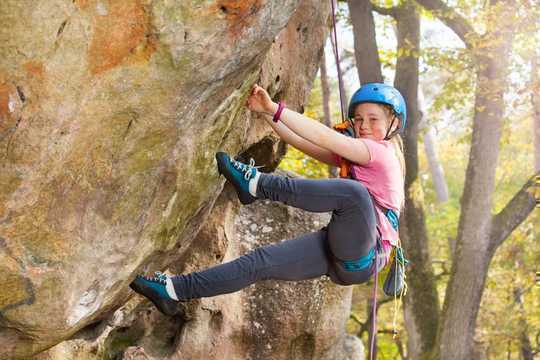
Supporting girls and women in their efforts to be physically active must become a global public health priority.
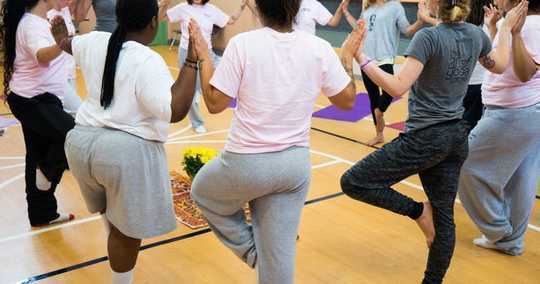
Childhood trauma has a devastating impact on both the mind and the body of children who experience it. But that mind-body connection also offers a path toward healing.
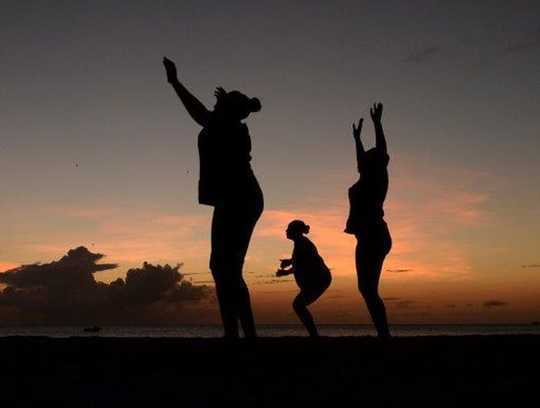
Older women are more likely to take up exercising and stick to it if they are part of a small group guided by a personal trainer.
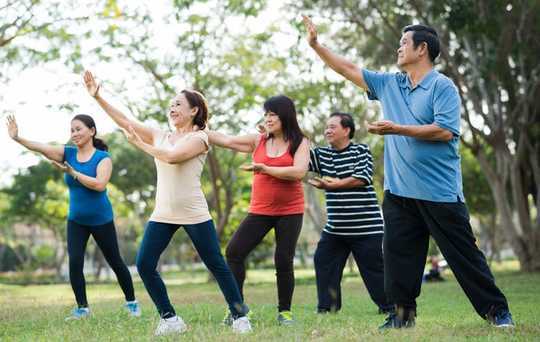
Tai chi is growing in popularity in the UK, with more clubs and classes popping up around the country and people of all ages wanting to give it a go.
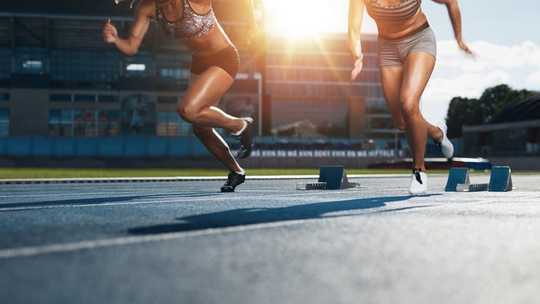
Recently, several elite sportswomen have spoken out about toxic sport culture and the damage it does to their long-term health.
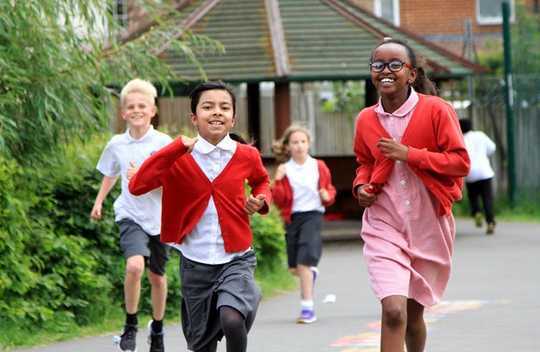
Children today spend more time sitting than ever before. And research shows that as they grow up, children tend to become more sedentary and less active.

Increases in physical activity tend to be followed by increases in mood and perceived energy level, research finds.
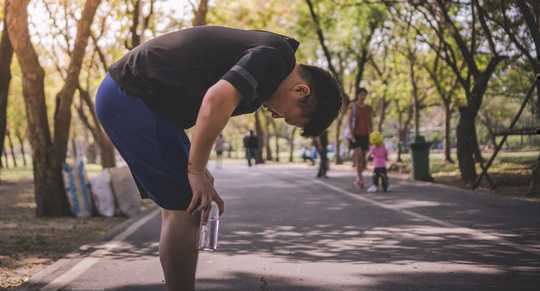
There are more incidents of skeletal muscle ruptures that are causing harm in other parts of the body.
Page 5 of 13

